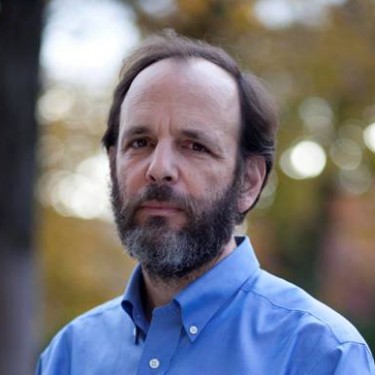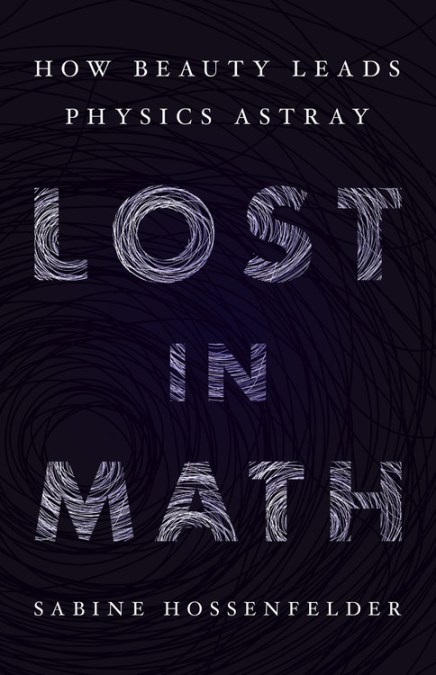
From Daniel Sarewitz at the Weekly Standard, reflecting on Sabine Hossenfelder’s Lost in Math: How Beauty Leads Physics Astray,
… What, then, joins Hossenfelder’s field of theoretical physics to ecology, epidemiology, cultural anthropology, cognitive psychology, biochemistry, macroeconomics, computer science, and geology? Why do they all get to be called science? Certainly it is not similarity of method. The methods used to search for the subatomic components of the universe have nothing at all in common with the field geology methods in which I was trained in graduate school. Nor is something as apparently obvious as a commitment to empiricism a part of every scientific field. Many areas of theory development, in disciplines as disparate as physics and economics, have little contact with actual facts, while other fields now considered outside of science, such as history and textual analysis, are inherently empirical. Philosophers have pretty much given up on resolving what they call the “demarcation problem,” the search for definitive criteria to separate science from nonscience; maybe the best that can be hoped for is what John Dupré, invoking Wittgenstein, has called a “family resemblance” among fields we consider scientific. But scientists themselves haven’t given up on assuming that there is a single thing called “science” that the rest of the world should recognize as such.
The demarcation problem matters because the separation of science from nonscience is also a separation of those who are granted legitimacy to make claims about what is true in the world from the rest of us Philistines, pundits, provocateurs, and just plain folks. In a time when expertise and science are supposedly under attack, some convincing way to make this distinction would seem to be of value. Yet Hossenfelder’s jaunt through the world of theoretical physics explicitly raises the question of whether the activities of thousands of physicists should actually count as “science.” And if not, then what in tarnation are they doing?

…
She has similar tales to tell about string theory and the quest to detect dark matter particles—which she hilariously summarizes in a list of 40 or so failed experiments with names like EDELWEISS, ROSEBUD, and PICASSO (not to mention IGEX, GEDEON, and XENON100). Her courageous if not always fully comprehensible effort to uncover not just the hidden assumptions but also group behavior behind theoretical physics forces the question of demarcation. “Someone needs to talk me out of my growing suspicion that theoretical physicists are collectively delusional, unable or unwilling to recognize their unscientific procedures.” If their procedures are “unscientific,” are they doing science? More.
Why? Possibly, they are doing science because they seek to confirm a worldview, very often naturalist atheism. When evidence from their research doesn’t confirm it, they keep digging and tweaking. And in some cases, they keep condemning the skeptical public for continued disbelief.
String theory, for example, is a key component of a complex of ideas supporting the notion of a multiverse. The multiverse is an idea whose principle attraction is philosophical: If there are infinitely many universes, the fine-tuning of our universe for life requires no explanation. If there aren’t, it is the most significant feature of our universe. And naturalist explanations (nature is all there is) for fine-tuning are not very convincing.
So the show goes on, and so far we do still learn a lot from the research. The trouble is, we don’t know when that will peter out, what we are not learning, or whether much that we are learning ain’t so. Not many people with those kinds of commitments would tell us.
See also: Why climate activist scientist won’t debate the science. Two preliminary conclusions from her remarks: a) She is wise to avoid public debate, and b) The fact that “Trust me, I’m a scientist” does not play as well in the public square as it used to is not due to a failure of public intelligence.
Study of causes of science skepticism sails right by the most obvious cause
The Big Bang: Put simply,the facts are wrong.
What becomes of science when the evidence does not matter?
How naturalism morphed into a state religion